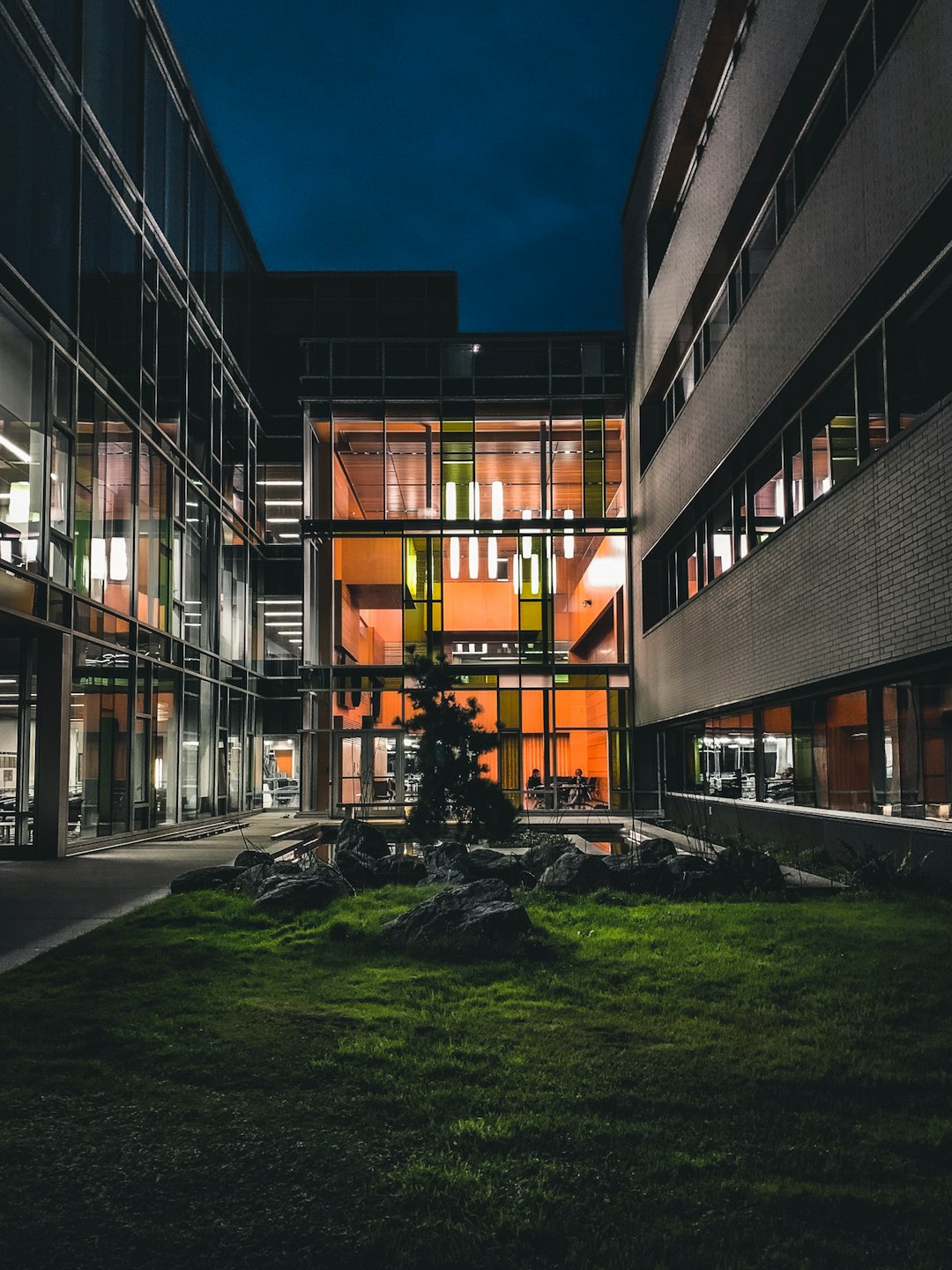Reflecting on Law School & My Interview with Nikos Harris
Crime, Justice & Law in Canada
In 2018, I ran a half marathon for the Fall Classic at the University of British Columbia. It was my first time running 21 kilometers, and I remember passing Peter A. Allard School of Law. During this time, I was practicing for the Law School Entrance Exam (LSATS) at Starbucks, while my partner Rebekah worked. The photo abov…
Keep reading with a 7-day free trial
Subscribe to Nuanced. to keep reading this post and get 7 days of free access to the full post archives.


